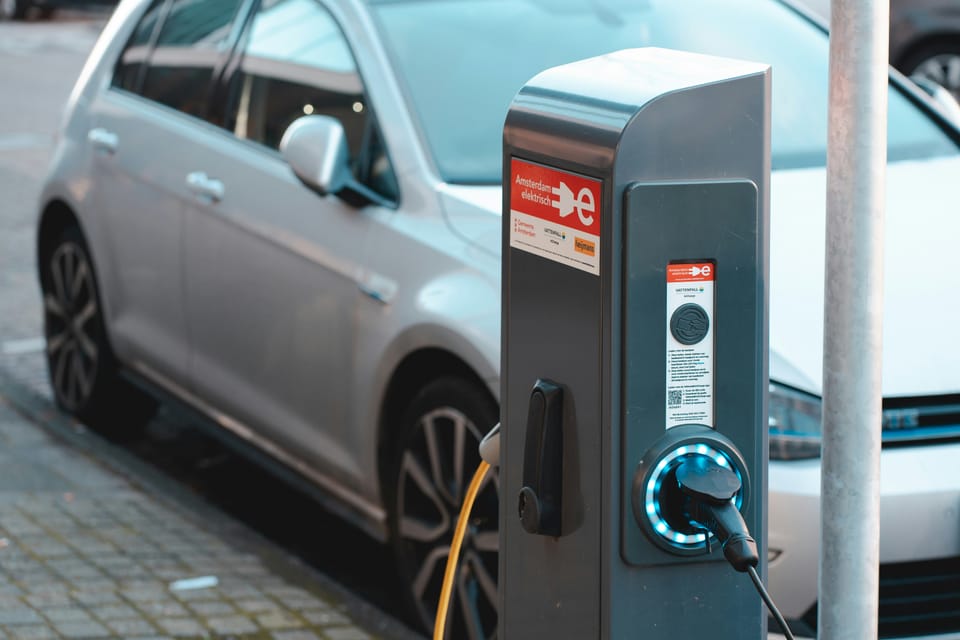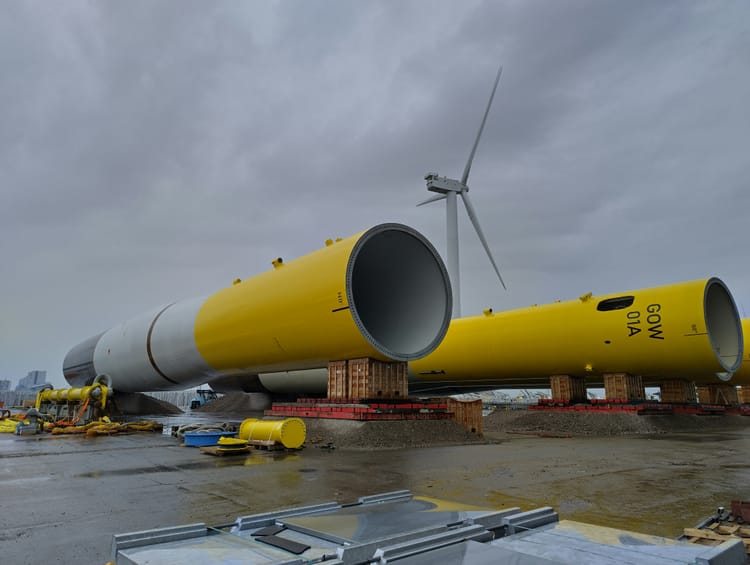‘Now is not the time to change emissions rules’: EV industry urges EU to stay the course
'Electric car sales are surging and emissions rules are key to that equation.'

As traditional automakers ask the EU to loosen its CO2 rules, those with a lead in the EV market argue that doing so would make Europe less competitive in the global electrification race.
The European automotive sector is due to meet with EU Commissioner Ursula von der Leyen this Friday (September 12) to discuss its future amid intense competition from China, Trump tariffs, and the accelerating energy transition.







